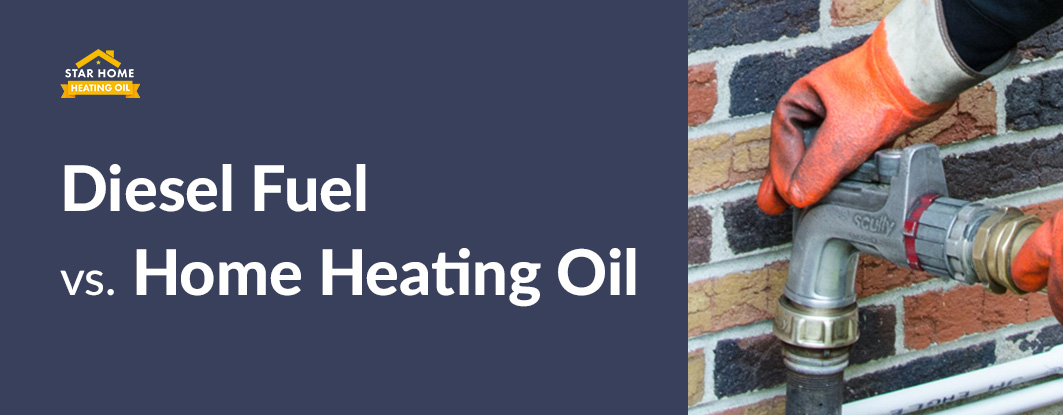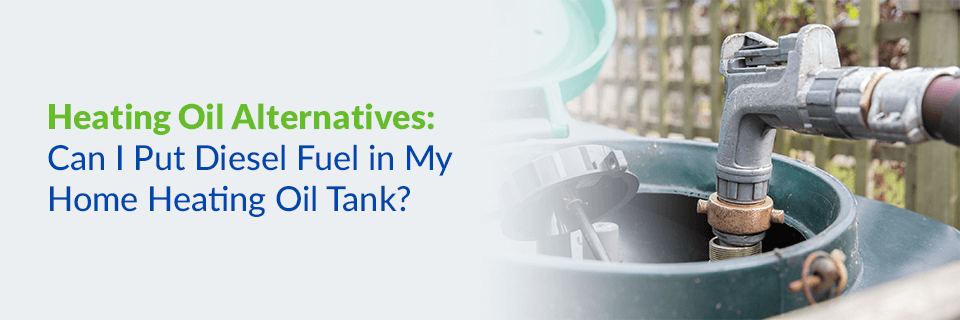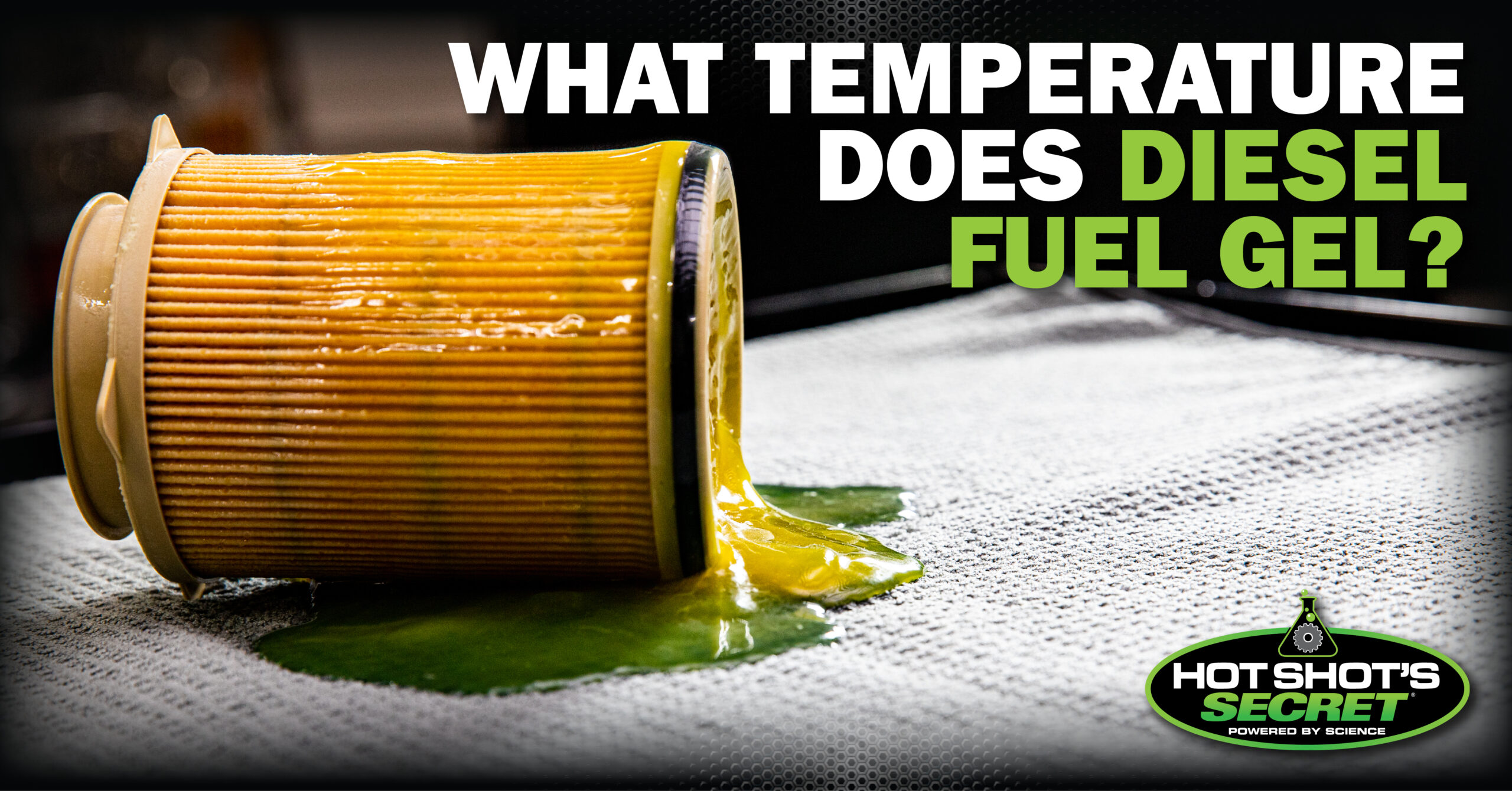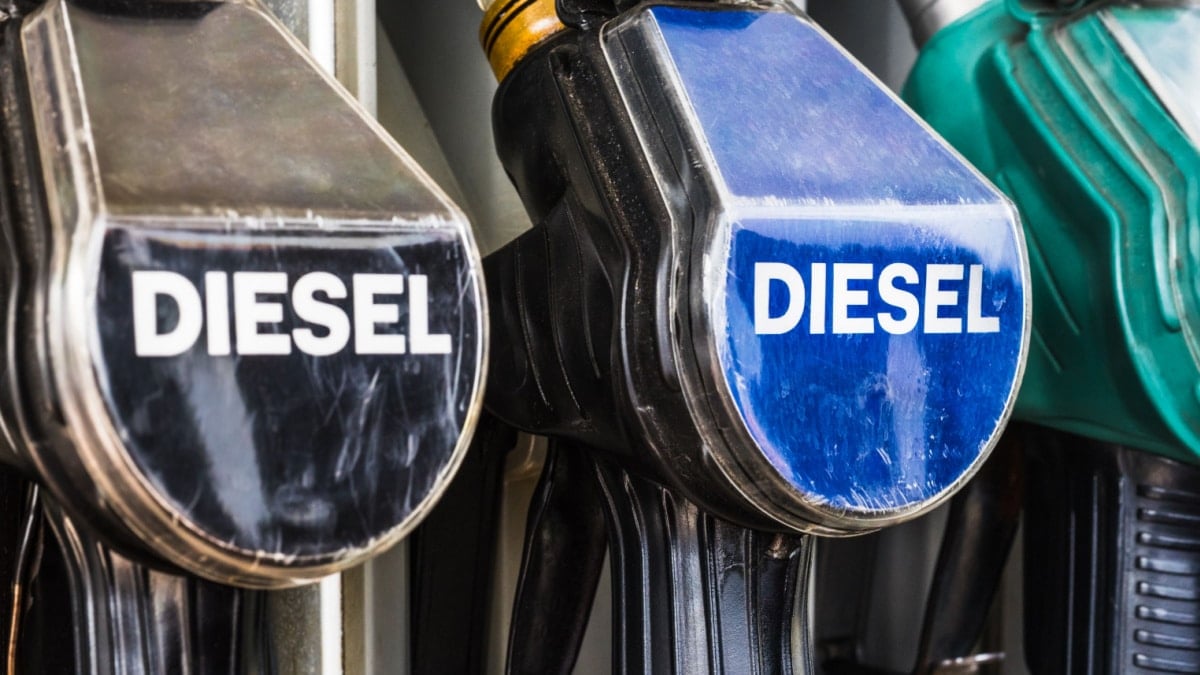Can You Mix Diesel And Heating Oil

The question of whether you can mix diesel fuel and heating oil is a common one, particularly for homeowners who rely on oil-based heating systems. While both are petroleum-based products, understanding their differences and potential consequences of mixing them is crucial for maintaining the efficiency and longevity of your heating system. In this guide, we will explore the composition of each fuel, potential compatibility issues, and best practices for fuel management in your home heating system.
Understanding Heating Oil
Heating oil, also known as fuel oil or #2 oil, is specifically formulated for use in residential and commercial heating systems. Its primary purpose is to generate heat efficiently and reliably. Understanding its characteristics is vital before considering mixing it with any other fuel.
Composition and Properties
Heating oil is a light petroleum product, similar to diesel but with specific additives tailored for heating purposes. These additives often include stabilizers and detergents designed to keep the fuel system clean and prevent sludge buildup. Heating oil is designed to combust cleanly and efficiently in oil-fired furnaces and boilers.
Key Features
- Viscosity: Heating oil has a moderate viscosity, allowing it to flow easily through fuel lines and burner nozzles.
- Additives: Contains additives to prevent corrosion, sludge formation, and improve combustion.
- Storage Stability: Formulated for relatively long-term storage in home heating oil tanks.
Understanding Diesel Fuel
Diesel fuel is primarily used to power diesel engines in vehicles, machinery, and generators. While also a petroleum-based product, its composition and additives differ significantly from heating oil.
Composition and Properties
Diesel fuel is heavier than gasoline but slightly lighter than heating oil. It contains a higher sulfur content in some regions, although regulations are pushing for ultra-low sulfur diesel (ULSD) across the board. Diesel fuel is designed to provide high energy output for internal combustion engines.
Key Features
- Viscosity: Typically has a higher viscosity than heating oil.
- Additives: Contains additives to improve engine performance, prevent waxing in cold weather, and lubricate fuel injectors.
- Cetane Number: Diesel fuel is characterized by its cetane number, which measures its ignition quality.
Can You Mix Diesel and Heating Oil?
The short answer is yes, you can mix diesel and heating oil, but it's generally not recommended without careful consideration and understanding of the potential risks.
Potential Problems with Mixing
- Combustion Issues: Diesel fuel's higher cetane number and different additive package can affect the combustion process in a heating oil furnace or boiler. This may lead to incomplete combustion, increased soot buildup, and reduced efficiency.
- Sludge Formation: Mixing fuels can sometimes lead to the formation of sludge or sediment in the fuel tank, especially if the diesel fuel contains higher levels of sulfur or other contaminants. This sludge can clog fuel filters and burner nozzles, leading to system malfunctions.
- Warranty Issues: Using a fuel mixture that deviates from the manufacturer's recommendations can void the warranty on your heating system.
- Increased Wear and Tear: Inefficient combustion and increased soot buildup can accelerate wear and tear on furnace or boiler components, potentially shortening their lifespan.
When Mixing Might Be Considered (Emergency Situations)
In emergency situations, such as running out of heating oil during extremely cold weather, mixing a small amount of diesel fuel with heating oil might be considered as a temporary solution. However, it's essential to:
- Use a Small Ratio: Keep the diesel fuel ratio very low (e.g., no more than 25% diesel).
- Monitor the System: Closely monitor the heating system for any signs of malfunction, such as unusual smells, excessive smoke, or burner problems.
- Refuel Properly ASAP: As soon as possible, refill the tank with pure heating oil.
- Consider Professional Inspection: If you've used a diesel/heating oil mix, it's wise to have your heating system inspected by a qualified HVAC technician to ensure no damage or residue buildup has occurred.
Best Practices for Fuel Management
To maintain the efficiency and longevity of your heating system, follow these best practices for fuel management:
- Use Only Heating Oil: The safest and most reliable approach is to use only the type of fuel recommended by the manufacturer of your heating system – typically #2 heating oil.
- Regular Tank Maintenance: Schedule regular inspections of your heating oil tank to check for leaks, corrosion, and sediment buildup. Consider having the tank professionally cleaned every few years.
- Proper Fuel Storage: Ensure your heating oil tank is properly vented and protected from the elements. Avoid storing heating oil for extended periods, as it can degrade over time.
- Professional Servicing: Schedule annual servicing of your heating system by a qualified HVAC technician. This includes cleaning the burner, checking fuel lines, and inspecting the overall system for any issues.
- Consider Fuel Additives: Discuss with your HVAC technician the benefits of using fuel additives specifically designed for heating oil systems. These additives can help prevent sludge formation, improve combustion efficiency, and protect against corrosion.
Modern Heating Oil Systems: Efficiency and Technology
Modern heating oil systems offer significant improvements in efficiency and technology compared to older models. When considering a replacement or upgrade, look for systems with high AFUE (Annual Fuel Utilization Efficiency) ratings.
Key Features of Modern Oil-Fired Systems
- High AFUE Ratings: Modern oil furnaces and boilers can achieve AFUE ratings of 85% or higher, meaning they convert a greater percentage of fuel into usable heat.
- Variable-Speed Blowers and Pumps: These systems adjust their output based on heating demand, further improving efficiency and reducing energy consumption.
- Advanced Burner Technology: Advanced burners promote cleaner and more complete combustion, reducing emissions and improving fuel efficiency.
- Smart Controls and Thermostats: Integration with smart thermostats allows for precise temperature control and remote monitoring, optimizing energy usage.
Popular Brands and Models
Some popular brands of oil-fired furnaces and boilers include:
- Energy Kinetics: Known for their high-efficiency System 2000 boilers.
- Burnham: Offers a range of oil-fired boilers with varying AFUE ratings.
- Weil-McLain: A well-established brand with a variety of oil-fired boilers and furnaces.
When evaluating models, consider factors such as AFUE rating, burner type, venting requirements, and warranty coverage. A higher AFUE rating typically translates to lower fuel costs over the long term. Always consult with a qualified HVAC professional to determine the best system for your specific needs and budget.
Maintenance and Warranty Considerations
Proper maintenance is essential for extending the lifespan and maintaining the efficiency of your heating oil system.
Maintenance Tips
- Annual Servicing: Schedule annual servicing by a qualified HVAC technician.
- Filter Replacement: Regularly replace fuel filters to prevent clogs and ensure clean fuel flow.
- Nozzle Cleaning: Have the burner nozzle cleaned or replaced as needed to maintain proper combustion.
- Chimney Inspection: Inspect the chimney regularly for obstructions or damage.
Warranty Information
Pay close attention to the warranty coverage offered by the manufacturer. Most oil-fired furnaces and boilers come with a limited warranty that covers parts and labor for a specified period. Ensure you understand the terms and conditions of the warranty and register your system promptly after installation. Improper fuel usage, such as mixing diesel and heating oil, may void the warranty.
Conclusion
While mixing diesel and heating oil may be possible in emergency situations, it's generally not recommended due to the potential for combustion issues, sludge formation, and warranty problems. The best practice is to use only heating oil in your oil-fired furnace or boiler and follow proper fuel management practices. Investing in a modern, high-efficiency heating oil system and scheduling regular maintenance can help ensure reliable and efficient heating for your home.
Consulting with a qualified HVAC professional is always recommended when making decisions about fuel management or considering upgrades to your heating system. They can provide expert advice and ensure your system operates safely and efficiently for years to come.










